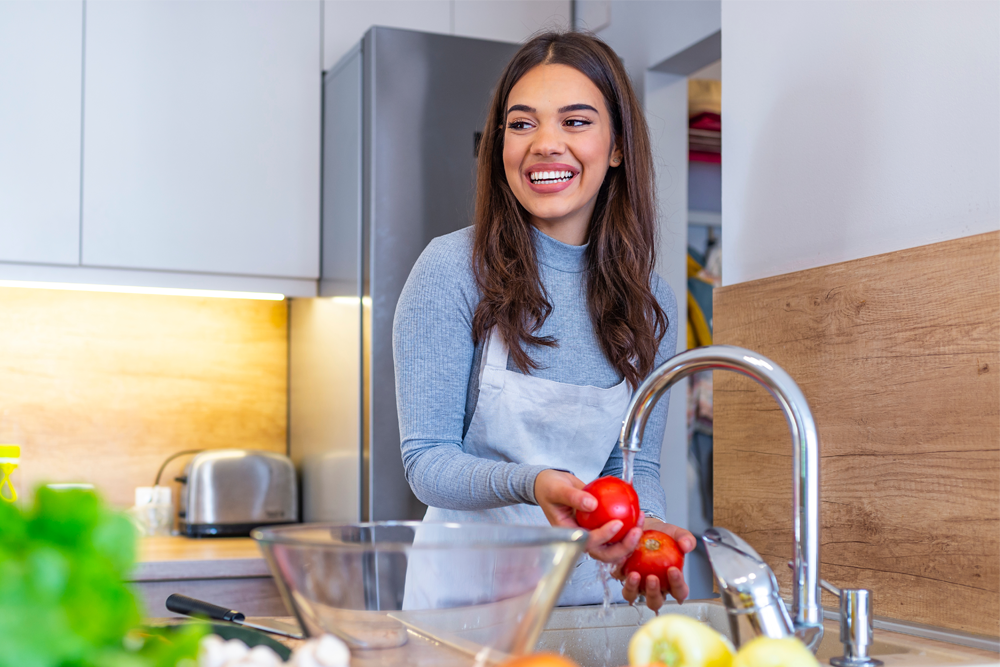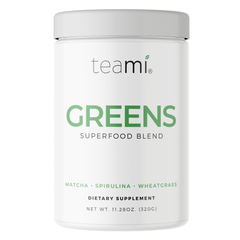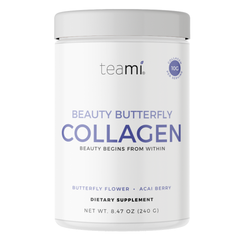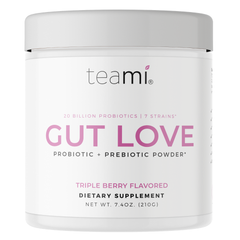The Shocking Reasons Why You Should Wash Your Fruits and Vegetables – And How to Do It

When you grab that juicy apple out of the fridge to take a big bite, do you wash it first? If not, you should. Washing your fruits and vegetables before eating them can help you avoid germs that could potentially cause issues or make you sick.
According to the Food and Drug Administration (FDA), “48 million people are sickened by food contaminated with harmful germs each year.” We think this is a reason alone to start washing your fruits and vegetables! Here’s why you should wash fruits and vegetables – and how you can do it to get rid of those germs.
How to choose fruits and vegetables while shopping
Selecting produce while you’re shopping can provide clues about its condition. If possible, select produce that is free from bruises or damage. And if you’re buying pre-cut items, like diced peppers, watermelon slices, pre-chopped onions, lettuce, or something else, make sure they are refrigerated at the store and properly sealed, and stored. In addition, you should keep these items in separate bags from raw meat and poultry in your shopping bags to avoid contamination.

What foods pose the most risk of contamination?
Certain fruits and vegetables are more prone to germs and contamination than others. Leafy greens such as lettuce, kale, berries, melons, cabbage, and spinach have been linked to food poisoning in addition to celery and tomatoes. One high-risk fruit is cantaloupe. Because of the cantaloupe’s rough and textured exterior, it can be challenging to remove bacteria.
Unclean water or runoff from soil can contaminate these foods. Another way fruits and vegetables become contaminated is from unhygienic food prep practices and unclean processing equipment. This is an issue for leafy greens because they are usually eaten raw and not cooked.
What bacteria and viruses are on fruits and vegetables?
Here are some of the most common bacteria and viruses that are found on contaminated fruits and vegetables, according to the U.S. Department of Health and Human Services:
Campylobacter occurs from cross-contamination of knives and cutting boards. The New York State Department of Health states, “even one drop of juice from raw poultry or meat can have enough Campylobacter in it to infect a person.” This is a great reason to wash your fruits and vegetables thoroughly and never cut them up on the same cutting board as meat and poultry.
Clostridium perfringens develop when food is stored at the wrong temperature.
E coli bacteria live in the intestines of healthy animals and people. However, some types can cause food poisoning if food is contaminated.
Listeria is usually spread by eating contaminated vegetables or raw/unpasteurized milk.
Norovirus alone makes the case for washing those fruits and vegetables. It is spread when tiny particles of feces or vomit get in your mouth by sharing utensils or another way.
Salmonella is also spread by contaminated feces.
These are only some of the bacteria and viruses that contaminated fruits and vegetables may have. There are many others out there that could be lurking on the surface of your fruits and vegetables. The good news is a thorough washing can help stop these pathogens.

Why you should wash your fruits and vegetables
By the time your produce gets to you, it has already been handled by many people, even if you buy it fresh from the farmer’s market.
Because of this, you can’t assume your produce is clean, even if it looks washed already or says “pre-washed” on the bag. The reality is your produce has been touched and handled by many people and possibly sneezed on and coughed on if it has been sitting at the store for any length of time. Yes, this sounds gross; however, it’s the reality of getting fruits and vegetables from the ground into your kitchen.
How to clean fruits and vegetables
Cleaning your fruits and vegetables thoroughly greatly reduces the chance of them being contaminated.
Here are 9 tips for getting your fruits and vegetables ready to eat safely:
- Wash all countertops and rinse your cutting board before preparing food.
- Wash your hands with soap and warm water for 20 seconds before and after cleaning and preparing your produce. Pat hands dry with a clean towel.
- If your produce is damaged, remove these parts before eating or preparing.
- If your produce has a peel, rinse it off before you peel it. This reduces the risk of bacteria from the knife transferring to the fruit or vegetable.
- The FDA and CDC state that fruits and vegetables are best washed under plain running water. They do not recommend using produce wash, soap, or commercial cleaners. Using these products may cause you to ingest harmful chemicals.
- Using a clean vegetable brush to scrub produce helps remove contamination and preserves the integrity of your fruits and vegetables.
- Remove the outer leaves of leafy greens.
- Thoroughly dry your produce with a paper towel or a clean cloth.
- Refrigerate fruits and vegetables within 2 hours after cutting, peeling, or cooking, stored away from poultry, seafood, and meat.

Every time you prepare food, practicing good hygiene in the kitchen can help you stay healthy. Washing fruits and vegetables and the surfaces and utensils they come into contact with helps minimize germs that can negatively impact your health.
Looking for more healthy tips? Follow Teami Blends on Instagram, TikTok, Facebook, YouTube, and Twitter!
And don’t forget to check out our lifestyle blog for more healthy tips and tricks.

Love,
Adi Arezzini | @adiarezzini
Co-Founder + CEO, Teami Blends
Certified Holistic Nutrition Coach
Make Healthy Smoothies with Teami Wellness Powders
2 comments
Subscribe to our Newsletter
Subscribe to our newsletter and get 10% off your first purchase



 Instagram
Instagram




I’ve always known to do this. However, with the pandemic – it has become more of an incessant habit. Thank you!
I never knew to wash all fruits and vegetables thank you teami for letting me know